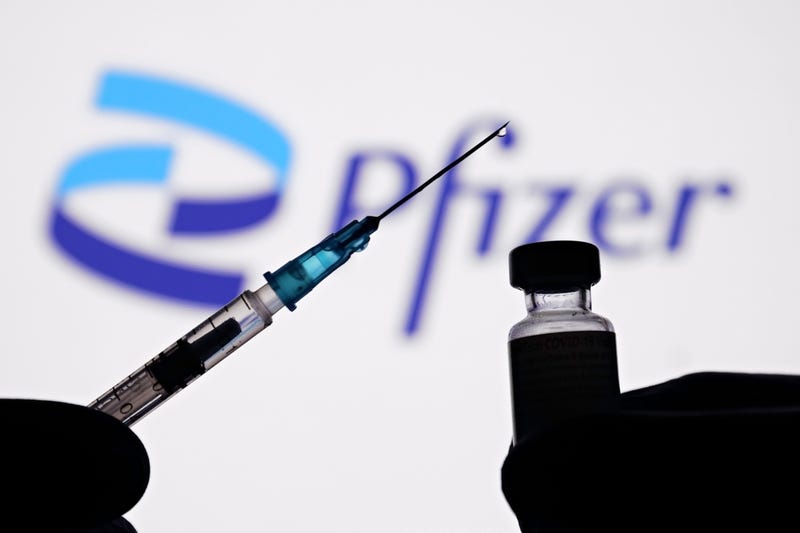
With U.S. Centers for Disease Control and Prevention approval right around the corner, a leading Bay Area public health expert has a message for parents who are hesitant to vaccinate their 5-to-11-year-old children against COVID-19 due to safety concerns and a perceived lack of research.
"I'd say there's lots more research on this than almost anything else we've ever given. Period," Dr. George Rutherford, Director of the UCSF Prevention and Public Health Group, told KCBS Radio's Jeff Bell and Patti Reising in an interview Friday afternoon, hours after the U.S. Food and Drug Administration granted an emergency use authorization for children aged 5-11 to receive the Pfizer COVID-19 vaccine.

"There are more than 200 million doses that have been given in the United States alone, and I think we have a pretty good grasp on what the side effects are and what potential issues are, which are few and far between, by the way," Rutherford added. " … If we're comfortable with it, we're comfortable with it, and I'm actually quite comfortable with it."
The FDA on Friday authorized doses a third of the size given to recipients who are at least 12 years old, with doses to be administered at least three weeks apart. Rutherford said he would encourage spacing out the two shots "a little bit farther" – up to six weeks, "if left to my own devices," he said – in order to ensure longer-lasting protection.
Shots could be administered as soon as next week, barring approval from a CDC regulatory panel and, later, Director Rochelle Walensky. As many as 28 million Americans could be eligible to receive the vaccine once she signs off.
Rutherford called the FDA approval "the big regulatory hurdle," and the agency’s vaccine advisory panel on Tuesday voted 17-0, with an abstention, to give an emergency use authorization.
"People seem to be pretty convinced, who've actually seen and touched all of the data," Rutherford said.
With the data backing the Pfizer vaccine's safety and efficacy in children, Rutherford said he is hopeful vaccinating younger children could mark a real turning point in fighting the COVID-19 pandemic.
"We may get over this big hump, and this may go back to being kind of a low-level disease, like many of the other diseases we see," he said, "and this becomes part of the routine childhood vaccination series. That would be my hope."

